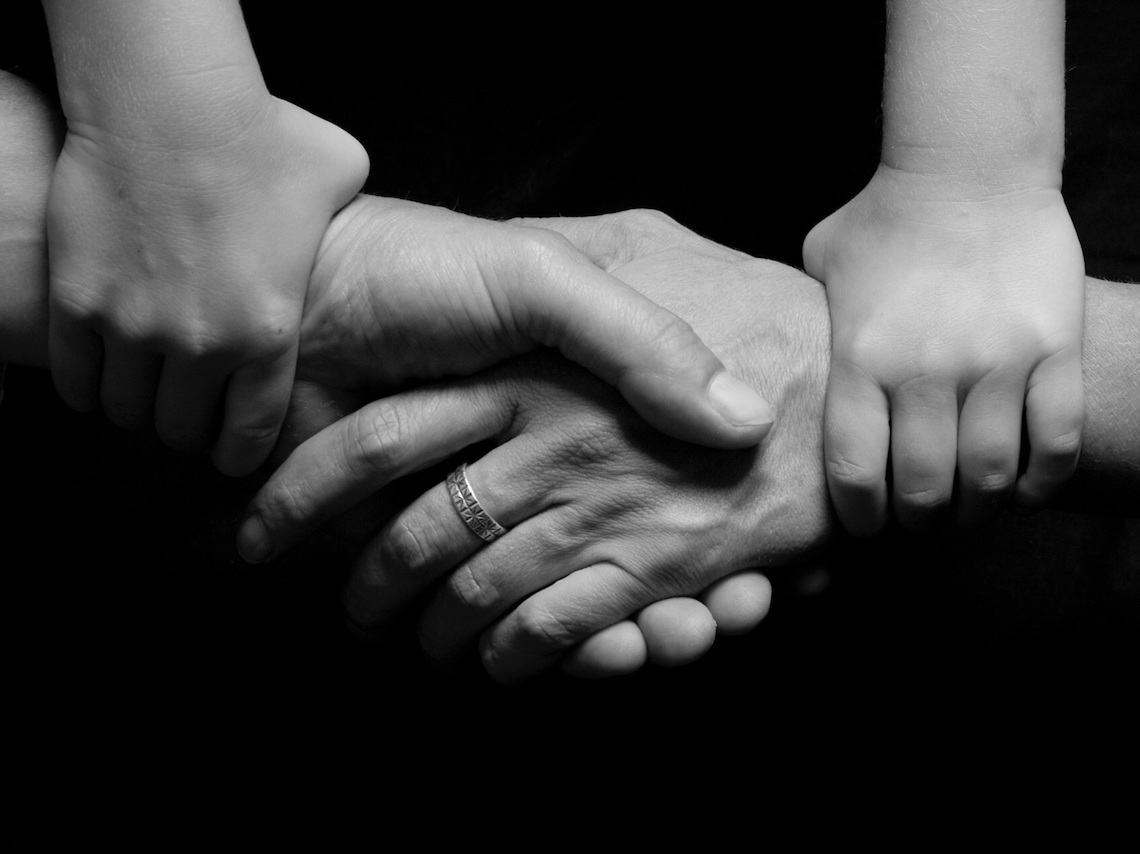 Photo courtesy of Pexels.com
Photo courtesy of Pexels.com Parashat Mishpatim (Exodus 21:1-24:18)
On a recent cold, rainy day, I was in my car listening to “Bookworm” on KCRW, as the dulcet tones of host Michael Silverblatt interviewed author Michael Tolkin about his new L.A.-based dystopia, “NK3,” in which a virus has destroyed human society. The host posed the following question:
“Given that I feel, every morning when I wake up, I’m waking up into the Apocalypse, or at least into the pre-Apocalypse, do you feel this is an unusual sensibility?”
The author responded that Silverblatt’s experience is perfectly normal in the wake of the presidential election. We all feel that “there’s going to be some mass culling of the herd,” Tolkin said.
An exchange like this might have been shocking before Jan. 20. But now, we find ourselves in a time when it’s normative for even our literary elite, who usually are concerned with imaginary worlds far from our own, to describe the era in which we live as being tinged with the same horror that inhabits their fiction.
Yet somehow, I found their words comforting and memorized them. It reassured me that I am not alone in feeling this way, nor are the people I meet and counsel.
In fact, we are never alone, even in the darkest of times. As this week’s parsha might be understood to say, we always have one another, and we have civility, and we are had, by God.
The parsha is Mishpatim, or “laws,” a section of Exodus packed with rules about how to behave in a civilized society. God makes clear that we are required to respect one another, and take care of one another and one another’s property. Our feelings about one another have no say in the matter.
We are told to assist the fallen donkey of an enemy, and our own “degraded” countrymen — those who have lost their status, for one reason or another. We are told not to oppress foreigners, since we know what it feels like to be foreign. Injury, theft and property damage lead to financial restitution, even when the victim is a slave. Gouging interest shall not be levied.
Falsehood must be rejected, both in our personal interactions (by eschewing gossip) and in a court of law (by permitting only admissible evidence). We must reject the ways of the majority when what they want to do is evil — rather, we are to stand up for what is right and true, even when it’s not easy, even when we feel all alone. And we must demand a system of fair judges and obey their orders.
Moses reports all of these rules to the Israelite people. The people hear them, and they respond in unison: “Na’ase v’nishma” — We will do and we will understand. That is to say, we will accept these laws as fact, and go about the process of making sense of them to ourselves later on.
Where did these ex-slaves come up with the chutzpah to make such an assertion? According to the Talmud, only angels have the capacity to completely surrender their will before God. Yet the Israelites were not super-human. They weren’t even super-gifted, spiritually. They needed Moses to intervene and hear God’s words for them, or they would have died.
According to the 18th-century Chasidic master Rabbi Menachem Nachum Twersky of Chernobyl, what they did have was a certain awareness. This is something that everyone can tap into that will allow them to connect to God-ness, no matter how low their spirits, and how far off from God they come to feel.
“God is called the ‘Life of Life,’ ” they reminded themselves (as quoted by Rabbi Larry Tabick in his book “The Aura of Torah”). “All the life in the world, domestic or wild animals, birds, or the human eye — their life force is the Blessed One. Hence, God is the Life of Life, the life of all that lives. So, when you fall from your level, you should think: ‘Am I not alive? And who is this life force of mine? Is it not the Creator?’
“There they would find that God is also present, even though in a very contracted state.”
Life has its ups and downs; times when we feel infused with spirit, and fearful times when hope seems unattainable. Still, we must remember what the Israelites were able to do when they heard God’s laws. They let themselves feel connected — to one another, to God and to the world. And then they could trust again.
Trust in the system is essential to civilization, and this starts with a communal sense that civility is anchored in goodness, or Godness, and that all life is anchored in the Source of life.
Make time for connection, both human and spiritual. The anxiety of the day will still be there when you want to come back to it, but you will be stronger, and the world healthier, for your having been away for a while.
Rabbi Avivah W. Erlick is a board-certified health care chaplain working in home hospice and institutional settings. She is a provider of creative Jewish after-death ritual (sacred-waters.com) and owns a referral agency for clergy in private practice (lacommunitychaplaincy.com).























 More news and opinions than at a Shabbat dinner, right in your inbox.
More news and opinions than at a Shabbat dinner, right in your inbox.